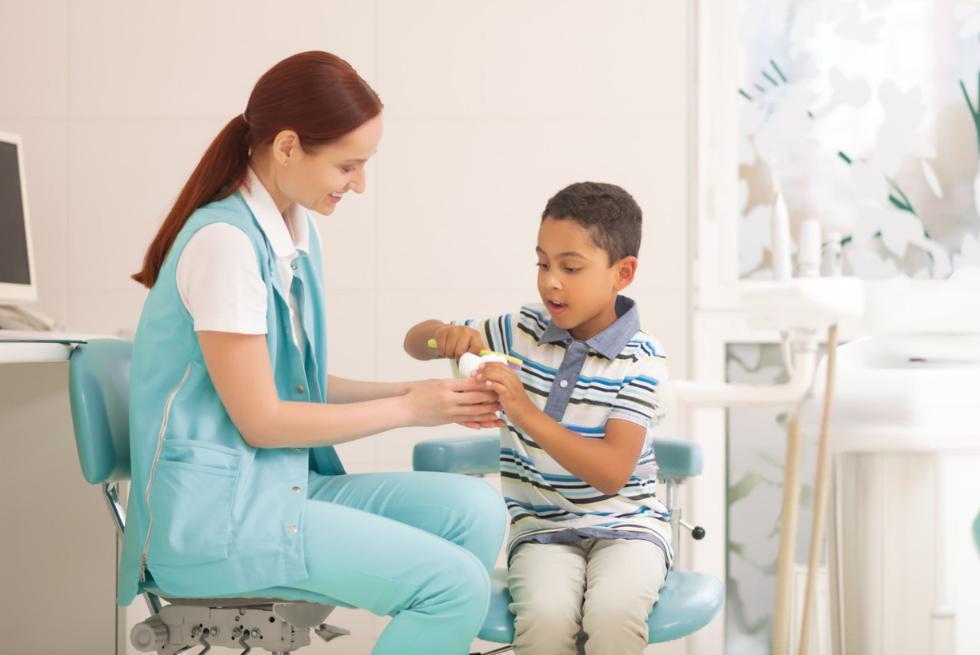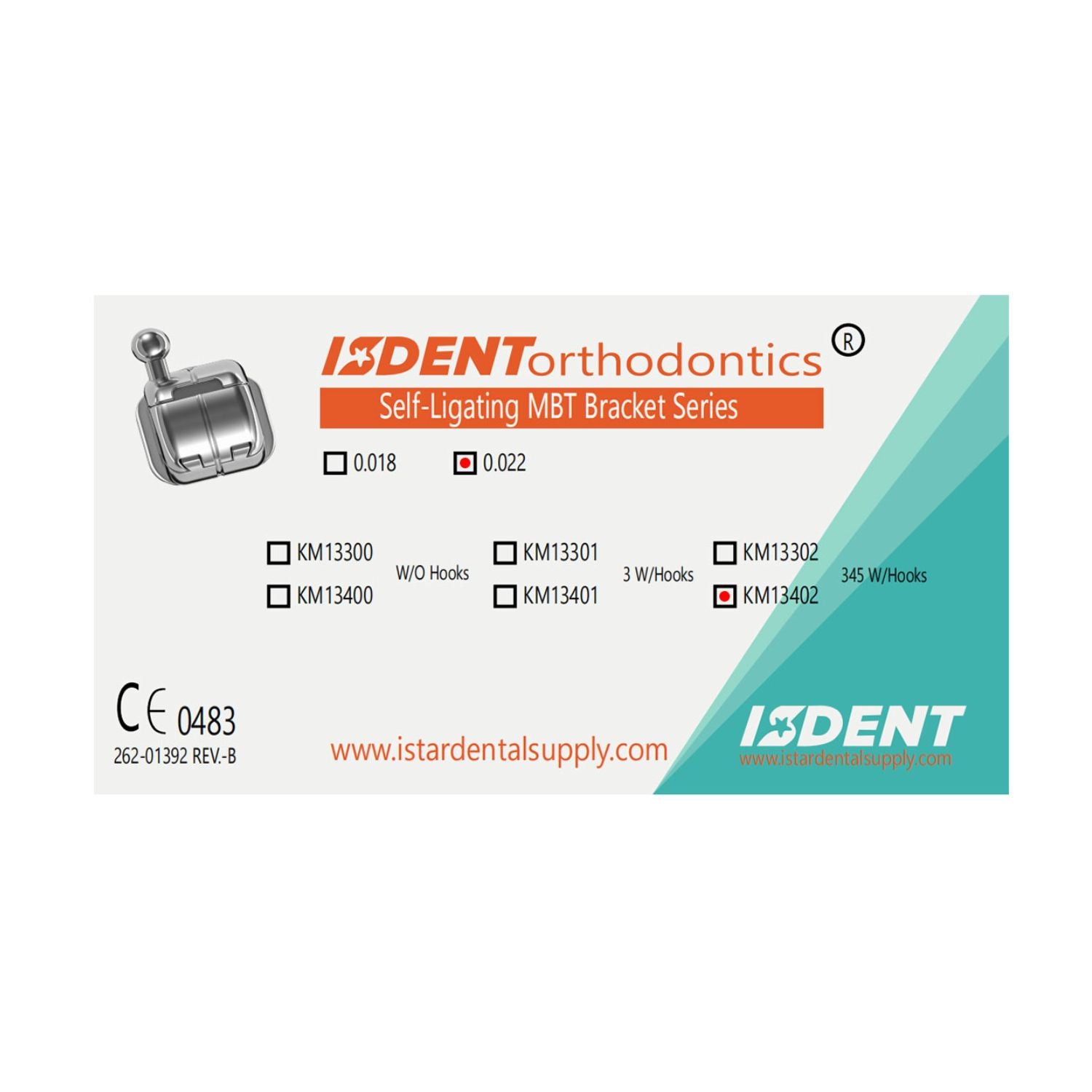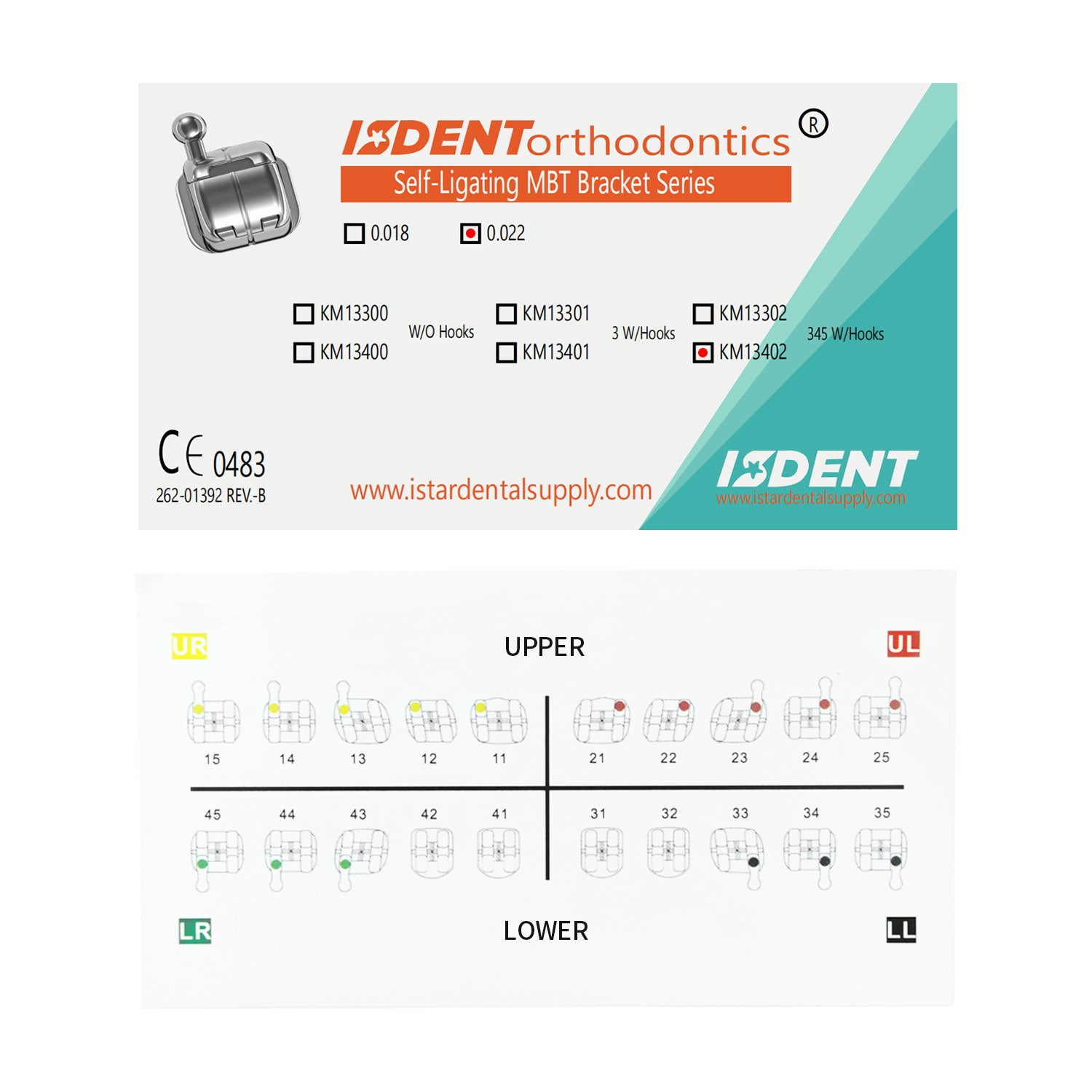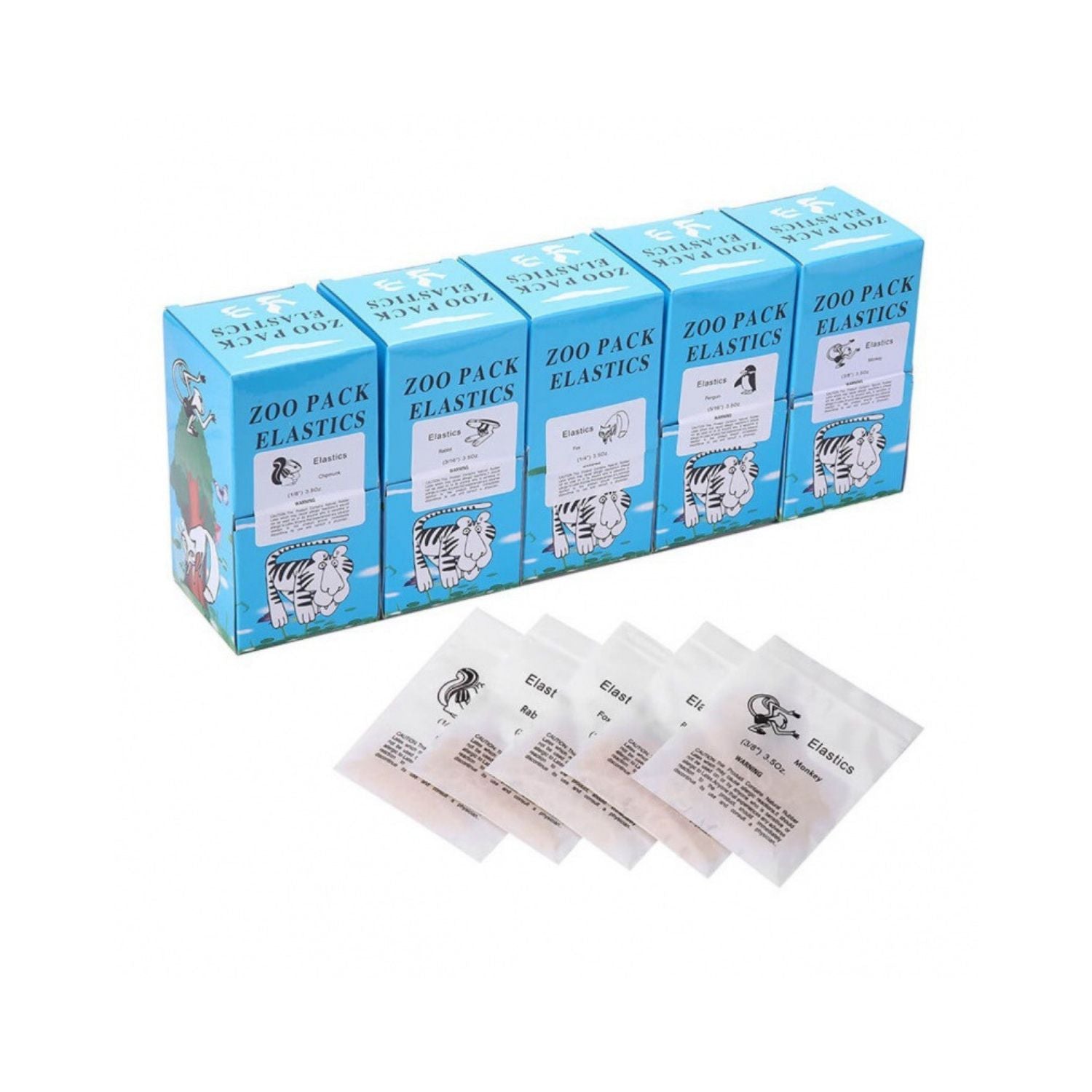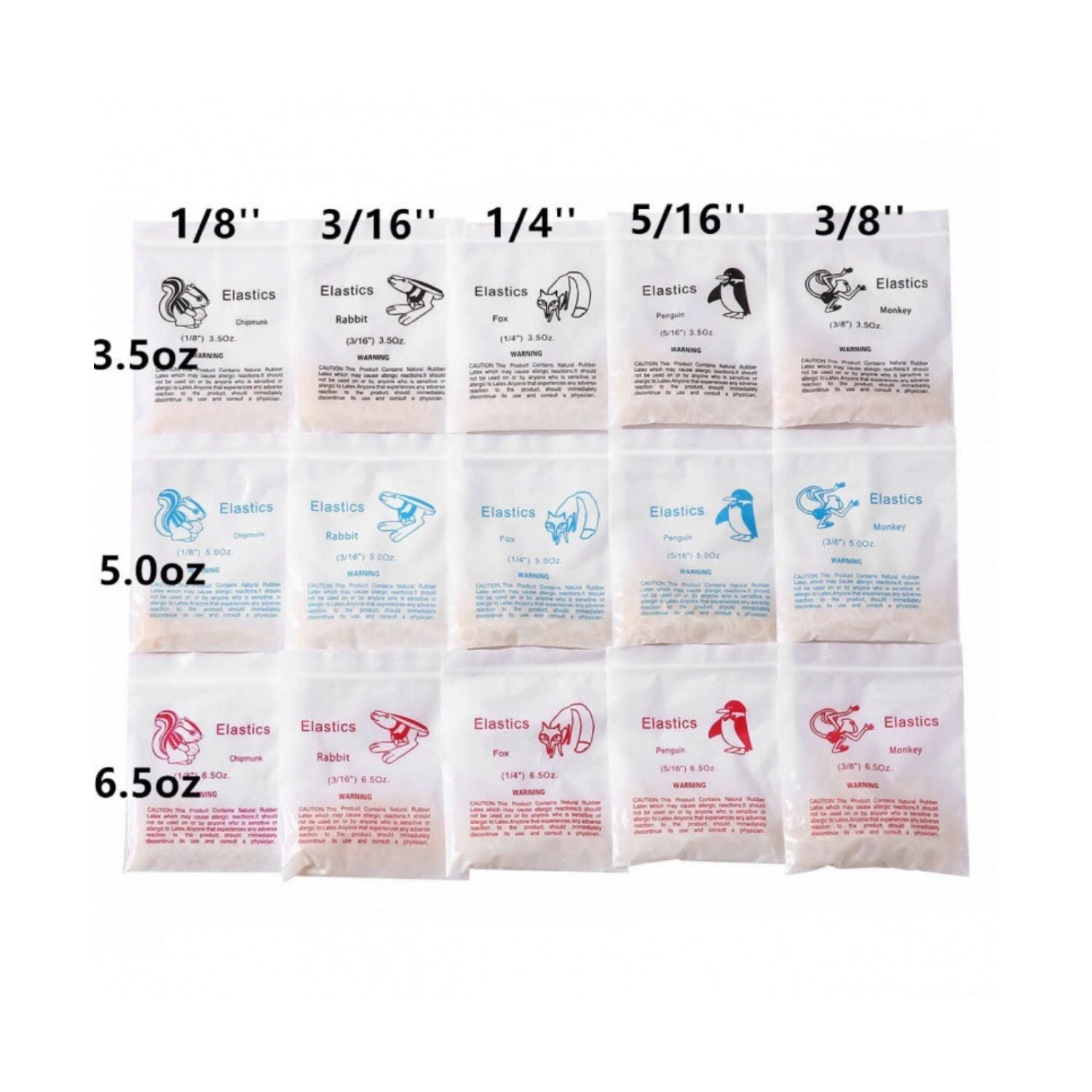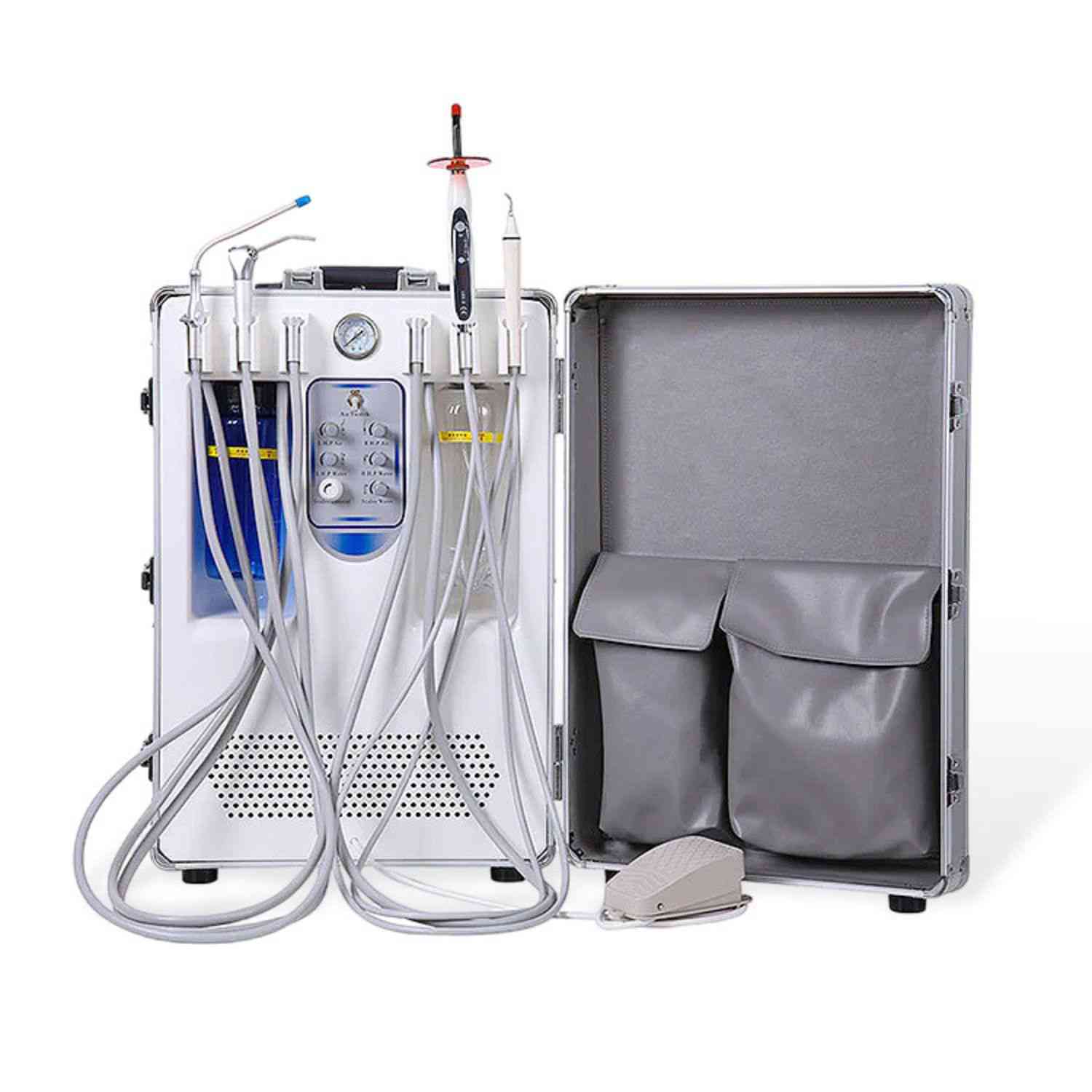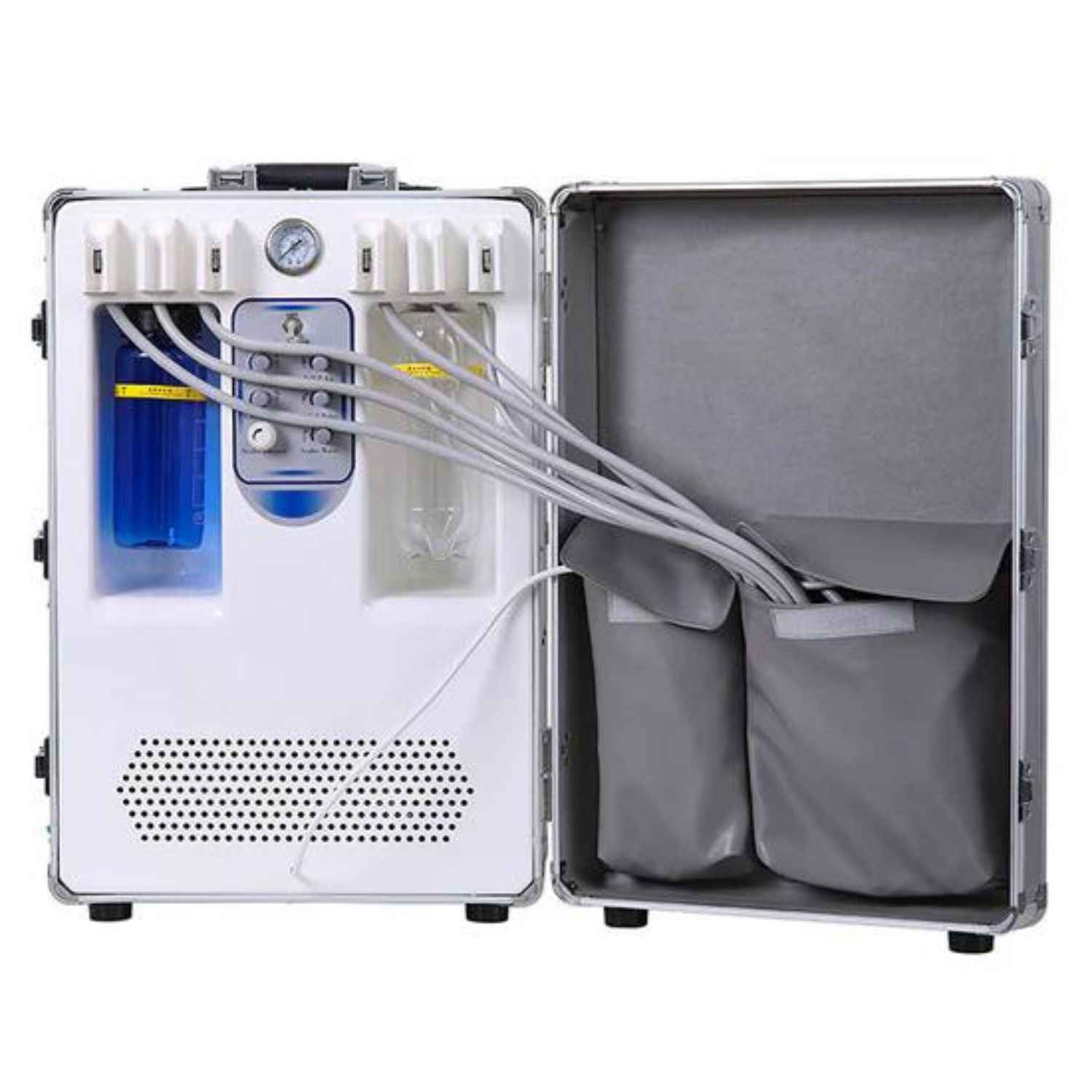How to Become a Pediatric Dental Assistant: Your Guide to a Great Career With a Pediatric Dentist
I’ve had a lot of jobs in my life, but few are as special as working in a child-focused field. If you love kids and want a stable, rewarding career in healthcare, I want to talk to you about becoming a pediatric dental assistant. This job is more than just cleaning tools; it's about making a child’s first visit to the dentist a positive one. You get to be the friendly face that calms their fears and teaches them how to have a healthy smile for life.
This article is your roadmap. I’m going to walk you through every step, from the skills you need to the certifications that will get you hired. If you're wondering if a pediatric dental assistant career is right for you, keep reading. I’ll give you the honest, simple facts you need to make a great choice.
What is the Role of a Pediatric Dental Assistant?
So, what does a pediatric dental assistant actually do? I can tell you from experience, it’s a busy job with many different tasks. You are the right-hand person to the dentist. Your main goal is to help dental appointments for children run smoothly. This means you do a little bit of everything. One minute, you might be setting up the room for dental procedures. The next, you could be holding a child’s hand to make them feel safe.
The role of a pediatric dental assistant breaks down into two main areas: clinical duties and administrative duties. On the clinical side, you are directly involved with patient care. You will be responsible for sterilizing instruments to ensure everything is clean and safe, which is a key part of infection control. A pediatric dental assistant also takes dental x-rays, helps the dentist during check-ups, and teaches kids about oral hygiene. You might show them the right way to brush or why they need to floss properly.
On the administrative side, you help the dental office run. Your organizational skills are very important here. This can include scheduling appointments, managing patient records, and handling billing. A great pediatric dental assistant is a team player who can switch between tasks easily. You help create a welcoming place where children and their parents feel comfortable and cared for.
Why Should You Specialize in Pediatric Dentistry?
You could work as a general dental assistant, so why specialize in pediatric dentistry? For me, the answer is simple: the patients. Working with kids is a unique and wonderful challenge. You are not just helping with their oral health; you are shaping their view of dentistry for the rest of their lives. A bad experience can make a child afraid of the dentist forever. A good one can set them up for a lifetime of good habits.
When you specialize, you learn how to work with young patients in a special way. This means understanding their fears and knowing how to talk to them. You learn to explain things in simple terms, like calling the suction tool "Mr. Thirsty." As a pediatric dental assistant, your job is to make them feel comfortable. Seeing a nervous child leave with a big smile and a prize is one of the best feelings in the world.
This specialization makes you a valuable expert. A pediatric dentist needs an assistant who understands children. They need someone who can patiently handle a crying toddler or a curious seven-year-old. When you focus on pediatric dentistry, you develop these necessary skills. It’s a career where your kindness and patience directly impact a child's well-being and their future dental health.
What Essential Skills Do Pediatric Dental Assistants Need?
To be a successful pediatric dental assistant, you need a mix of different talents. It’s not just about knowing dental anatomy. You need technical knowledge and a big heart. The dental assistants need to be good with both people and tools. I’ve found that the best assistants are the ones who can comfort a child while also perfectly preparing a tray of instruments for the dentist.
Let’s look at the key skills may include:
|
Technical Skills |
Interpersonal & Soft Skills |
|
Taking and developing x-rays (Radiography) |
Patience and compassion, especially with anxious kids |
|
Instrument sterilization and infection control |
Effective communication with children and parents |
|
Assisting with dental procedures (fillings, sealants) |
Strong organizational skills for scheduling and records |
|
Applying fluoride treatments and sealants |
Ability to stay calm in stressful situations |
|
Making teeth impressions and models |
A friendly and positive attitude to create a fun atmosphere |
|
Knowledge of dental work and terminology |
Ability to work well as part of a team |
These technical skills are things you can learn in a dental assistant program. But the soft skills, like being able to explain a cavity to a five-year-old, are just as important. A good pediatric dental assistant knows how to connect with children in a way that builds trust. This blend of skills is what makes the job both challenging and so fulfilling.
Do You Need a Degree Program to Become a Pediatric?
This is a question I get a lot. Do you need to go to college for years? The short answer is no, you usually don't need a full degree program. Most entry-level jobs as a pediatric dental assistant require you to have a high school diploma or GED. From there, you have a couple of options to get the training you need.
Many people start their journey by enrolling in a dental assisting program. These programs are often offered at community colleges or technical schools. They usually last about 9 to 12 months. In a good dental assistant program, you will learn everything from dental anatomy to radiography. It is very important to choose a program that is accredited. The Commission on Dental Accreditation (CODA) is the group that sets the standards. When you complete an accredited program, you know you have received a quality education. These programs that can help you build the foundation for a great career in the field.
Some states allow for on-the-job training. This means you can learn directly in a dentist’s office. While this can be a good way to start, a formal education gives you a big advantage. It provides you with a strong base of knowledge and skills and makes you a more attractive candidate to employers. A formal program also prepares you for certification, which we will talk about next.
How Important is Certification for a Dental Assistant Job?
If you want to give your career a real boost, I highly recommend getting your certification. While not every state requires it, being a Certified Dental Assistant (CDA) tells employers that you are serious about your profession. It shows you have met a national standard of excellence in dental assisting. For many top jobs, especially those in specialized fields like pediatric dentistry, certification is a must-have.
What is certification? It is a credential you earn after passing a special exam. This exam tests your knowledge on a wide range of topics, from patient care to radiation safety. Holding this CDA credential can lead to better pay, more job opportunities, and greater responsibility in the dental office. It gives you and your dentist confidence in your abilities.
Some states have their own rules for licensure or registration for dental assistants, especially for tasks like taking an x-ray. Earning a national certification often helps you meet these state requirements. So, while you might be able to find a dental assistant job without it, getting certified is a smart move for your long-term career. It is an investment in yourself that really pays off.
What is the Dental Assisting National Board (DANB)?
When we talk about certification, we have to talk about the Dental Assisting National Board, or DANB. This is the organization that creates and manages the main certification exams for dental assistants across the country. I think of them as the gold standard. When you see that someone has a DANB certification, you know they have proven their skills.
The DANB offers several certifications, but the most well-known is the Certified Dental Assistant (CDA). To earn this, you have to pass a certification exam made up of three parts. These parts cover General Chairside Assisting, Radiation Health and Safety, and Infection Control. Passing this exam is a major achievement. It shows that you have the knowledge and skills needed to be an excellent assistant.
The role of the DANB is to promote public safety. They make sure that the people providing dental care are qualified. Many state dental boards recognize or require DANB exams for licensure or registration. So, if you plan to become a pediatric dental assistant, getting familiar with the DANB and its requirements is a very important step.
What is a Day in a Pediatric Dental Office Like?
A day in a pediatric dental office is never boring! The vibe is completely different from a general dentist’s office. I remember my first day—the walls were painted with bright colors and cartoon characters. There were video games in the waiting room. The whole place is designed to make kids feel happy and safe. Your job as a pediatric dental assistant is to be part of that fun and calming energy.
Your day starts before the first patient arrives. You will be responsible for cleaning and preparing the treatment rooms. You’ll lay out the right tools for the day’s dental examinations and procedures. Once patients start coming in, you’ll greet them, bring them to the chair, and help them get settled. For many young patients, you are the first person they interact with, so your friendly smile is super important.
Throughout the day, you will help the dentist with all types of dental work. This could mean suctioning during a filling, applying a sealant to prevent a cavity, or taking dental x-rays. You will also spend a lot of time teaching. A big part of the job is showing kids and parents about good oral health. You might use a giant toothbrush and a model of teeth to demonstrate proper brushing techniques. You are constantly moving, thinking, and caring for others.
How Do You Help the Dentist with Young Dental Patients?
Working with young patients requires a special touch. As a pediatric dental assistant, one of your most important jobs is to be a bridge between the child and the pediatric dentist. The dentist is focused on the technical dental work, while you are focused on the child's emotional well-being. The pediatric dental assistants help create a calm and trusting environment.
You will use a technique I call "Tell-Show-Do." First, you tell the child what you are going to do, using simple, non-scary words. For example, you don't say "we're going to use a needle." You say, "we're going to put your tooth to sleep with some sleepy juice." Then, you show them the tool. You might spray some water from the air/water syringe on their hand so they see it’s just water and air. Finally, you do the procedure. This simple method helps take away the fear of the unknown.
The pediatric dental assistants help the dentist by anticipating their needs. You know which instrument they need next and have it ready. You are also responsible for documenting the visit in the patient's chart. But most of all, you are the child’s cheerleader. You praise them for being brave and give them a sticker or toy when they are done. This positive reinforcement makes them want to come back and take care for their teeth.
What Are the Main Steps to Become a Pediatric Dental Assistant?
Alright, you're excited about the career. So, how do you do it? Let's break it down into simple, actionable steps. Following this path will set you up for success.
-
Get Your High School Diploma or GED: This is the first and most basic requirement for any dental assisting program or job.
-
Complete a Dental Assisting Program: This is my top recommendation. Look for a program that is about one year long and accredited by CODA. This education gives you the hands-on skills and theoretical knowledge you need.
-
Get Certified in CPR: Working in healthcare means you need to be prepared for emergencies. Most employers require you to have a current CPR certification.
-
Gain Hands-On Experience: Your training program should include an externship where you work in a real dentist's office. If you can, try to get this experience in a pediatric office to see if you like it.
-
Pass Your Certification Exams: Study for and pass the DANB exams to earn your CDA credential. This is a key step to becoming a top-tier pediatric dental assistant. Check your state’s rules for any other required exams, especially for radiography.
-
Build Your Resume and Apply for Jobs: Highlight your education, certification, and any experience you have with children. Look for job postings for a pediatric dental assistant and show them your passion for working with kids.
Following these steps will show that you are a serious, professional candidate ready to join a dental team.
How Can You Grow in Your Dentistry Career?
Your journey doesn't stop once you become a pediatric dental assistant. This field offers many ways to grow and advance. Dentistry is always changing, with new tools and techniques. Lifelong learning is key. Many assistants take continuing education courses to learn new skills.
One way to advance is to earn more DANB certifications. There are other credentials you can get in specialized areas. This extra training can lead to a higher salary and more responsibilities. You might become the lead assistant in your office, responsible for training new hires or managing supplies. Some assistants with strong organizational skills move into office management roles, handling the business side of the dental practice.
For some, being a pediatric dental assistant is a stepping stone. After a few years in the field, you might decide to go back to school to become a dental hygienist or even a dentist. The experience you gain as an assistant is invaluable. It gives you a deep understanding of how a dental practice works and confirms your passion for oral care. No matter what you choose, starting as a pediatric dental assistant opens a door to a world of opportunity in the dental field.
Things to Remember
-
A pediatric dental assistant works with a pediatric dentist to help children. Your job is to make them feel safe and teach them about good oral health.
-
You need both technical and soft skills. You'll learn to take an x-ray, but you also need to be patient and kind.
-
Education is important. A one-year, accredited dental assisting program is the best way to start your pediatric dental assistant career.
-
Certification makes a difference. Earning your CDA from the DANB can lead to better jobs and better pay.
-
The job is rewarding. You play a key role in a child’s health and help them build a positive relationship with dental care.
-
There is room to grow. You can specialize further, become an office manager, or use your experience to pursue other roles in dentistry.

